Table of content
Introduction
Coix seed, commonly known as Job’s tears or adlay, is a gluten-free grain native to tropical and subtropical Asia. It has been used in traditional Chinese medicine for centuries due to its numerous health benefits, including its ability to aid in digestion, reduce inflammation, and support skin health. In recent years, its popularity has surged globally, making it a staple in many health-conscious diets. However, with the increasing variety available in the market, choosing the best coix seed can be overwhelming. This guide aims to provide you with comprehensive insights on how to select the highest quality coix seed to meet your health needs.
Understanding Coix Seed Varieties
Before diving into the selection process, it’s crucial to understand the different varieties of coix seed. There are primarily two types: hulled and unhulled.
Hulled Coix Seed
Hulled coix seed, also known as white coix seed, has been processed to remove the outer hull. This variety is preferred for culinary use due to its mild flavor and smooth texture. It blends well into various dishes, making it an excellent choice for those looking to incorporate coix seed into their daily diet without compromising taste.
Unhulled Coix Seed
Unhulled coix seed, often referred to as brown or black coix seed, retains its outer hull. This variety is richer in dietary fiber and essential nutrients like antioxidants and minerals. It is typically used in traditional medicine preparations due to its stronger medicinal properties. The robust flavor and texture might be less appealing for culinary purposes but are ideal for herbal teas and decoctions.
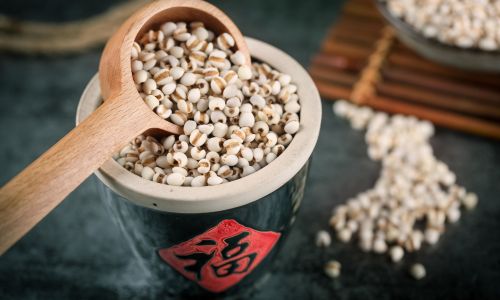
Factors to Consider When Choosing Coix Seed
When selecting coix seed, several factors must be taken into account to ensure you get the best quality product.
Origin and Cultivation Methods
The origin of the coix seed can significantly impact its quality. Look for seeds sourced from regions known for their fertile soil and optimal climate conditions for coix cultivation. Additionally, inquire about the farming practices. Organically grown coix seed is preferred as it avoids the use of harmful pesticides and fertilizers, ensuring a cleaner and more nutritious product.
Freshness and Storage
Freshness is key when it comes to coix seed. Older seeds may lose their nutritional value and flavor. Check the packaging for a harvest or packaging date. Ideally, choose seeds that have been recently harvested and properly stored in airtight containers to preserve their freshness.
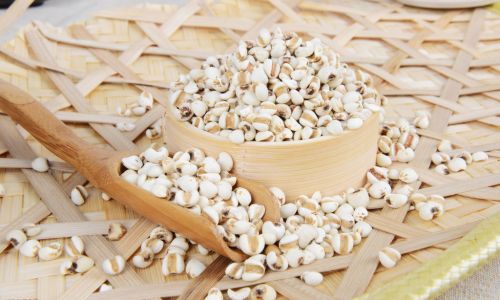
Appearance and Consistency
Visually inspecting the coix seed can provide valuable clues about its quality. Hulled coix seeds should have a uniform white color with a smooth texture. Any discoloration, cracks, or mold indicate poor quality. Unhulled seeds should have a consistent brown or black hue with a slightly rough texture due to the outer hull. Avoid seeds that appear dull, discolored, or have an unusual smell, as these may be stale or contaminated.
Nutritional Content
Different varieties and cultivation methods can affect the nutritional content of coix seed. Look for products that have been tested and certified for their nutritional value. High-quality coix seed should be rich in dietary fiber, essential amino acids, vitamins, and minerals. Some brands may even provide nutritional labels detailing the specific nutrients present in their product.
Certification and Packaging
Certification is another important factor to consider. Look for coix seed that has been certified organic by recognized certifying bodies such as the USDA (United States Department of Agriculture) or equivalent organizations in other countries. This ensures that the seeds have been grown and processed according to strict organic standards.
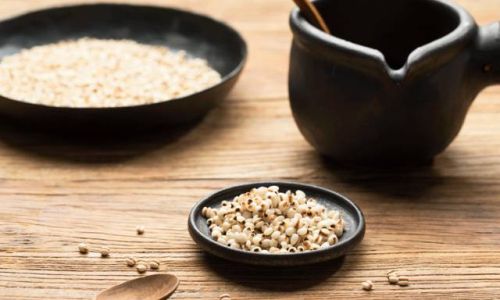
The packaging should also be inspected. Opt for eco-friendly, airtight packaging that preserves the freshness and quality of the seeds. Avoid bulk purchases from non-sealed containers, as this can expose the seeds to contaminants and reduce their shelf life.
Price and Value
Price is often a reflection of quality. While it’s tempting to opt for the cheapest option, remember that high-quality coix seed is worth the investment. Compare prices from different suppliers and consider the overall value, including the nutritional content, freshness, and certification. Sometimes, a slightly higher price can mean a significantly better product.
How to Use Coix Seed for Optimal Health Benefits
Once you’ve selected the best coix seed, incorporating it into your diet can be both delicious and beneficial. Here are some tips on how to use coix seed for optimal health benefits:
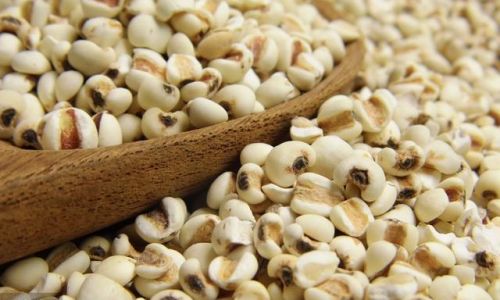
Culinary Uses
- Porridge and Cereals: Hulled coix seed can be cooked into a porridge or added to oatmeal for a nutritious breakfast.
- Soups and Stews: Its mild flavor makes it an excellent addition to soups and stews, adding texture and nutrition without overpowering the dish.
- Baking: Incorporate hulled coix seed into baked goods like bread, muffins, and cookies for a fiber-rich boost.
- Salads and Stir-fries: Add a handful of hulled coix seed to salads or stir-fries for added crunch and nutrition.
Traditional Medicine Preparations
- Herbal Teas: Unhulled coix seed can be boiled to make a tea that is believed to support digestion and reduce inflammation.
- Decoctions: For more concentrated medicinal preparations, decoctions can be made by simmering unhulled coix seed in water for an extended period.
- Topical Applications: Some traditional remedies involve grinding unhulled coix seed into a powder and using it topically for skin health.
Potential Health Benefits
Incorporating coix seed into your diet can offer a range of health benefits, including:
- Digestive Health: High fiber content supports healthy bowel movements and aids in digestion.
- Anti-inflammatory Properties: Compounds in coix seed may help reduce inflammation in the body.
- Skin Health: Traditional medicine uses coix seed to treat skin conditions like acne and eczema.
- Weight Management: Its low-calorie, high-fiber content can aid in weight loss and maintenance.
- Antioxidant Protection: Rich in antioxidants, coix seed may help protect cells from damage caused by free radicals.
Conclusion
Choosing the best coix seed involves considering its variety, origin, freshness, appearance, nutritional content, certification, packaging, and price. By understanding these factors, you can make informed decisions that ensure you get a high-quality product tailored to your health needs. Whether you’re incorporating coix seed into your daily diet for culinary enjoyment or using it in traditional medicine preparations, its versatility and numerous health benefits make it a valuable addition to your health regimen. Remember, the key to maximizing coix seed’s potential lies in selecting and using it wisely. Happy shopping!

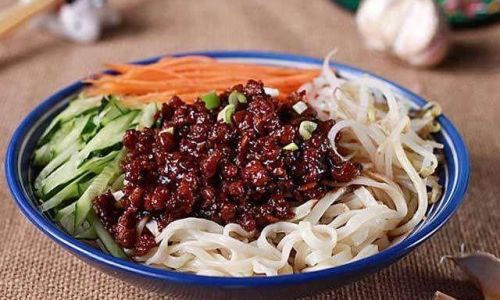
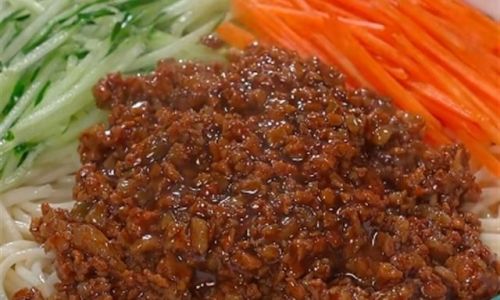
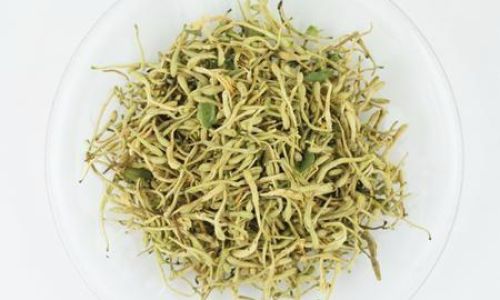

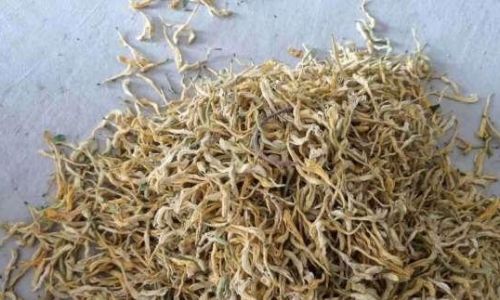
0 comments